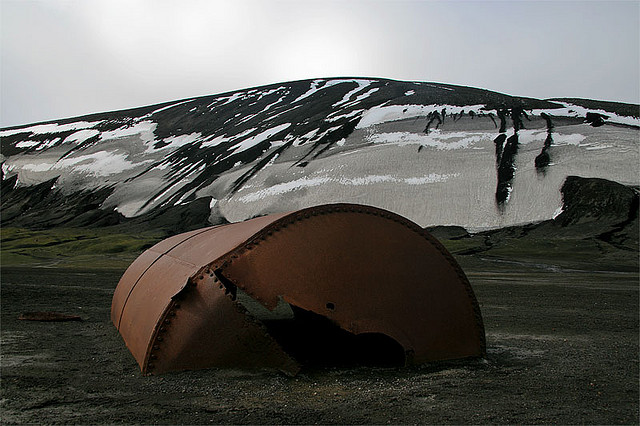Kalaallit Nunaat (Greenland) has been, since 1979, a self-governing country within the Danish Realm. The population is composed of 89.6 % Greenlandic Inuit out of a total of 57,691 of inhabitants (July 2018 est.). The majority of Greenlandic Inuit refer to themselves as Kalaallit. Ethnographically, they consist of three major groups: the Kalaallit of West Greenland, who speak Kalaallisut; the Tunumiit of Tunu (East Greenland), who speak Tunumiit oraasiat (East Greenlandic) and the Inughuit / Avanersuarmiut of the north. The majority of the people of Greenland speak the Inuit language, Kalaallisut, which is the official language, while the second language of the country is Danish.
Greenland’s self-government consists of the Inatsisartut (Parliament), which is the elected legislature, and the Naalakkersuisut (Government), which is responsible for the overall public administration, thereby forming the executive branch. The Inatsisartut has 31 elected members. The Government of Greenland adopted the UNDRIP upon its ratification in 2007 and subsequent governments have committed to its implementation. Greenland and Denmark jointly prepare reports regarding good practice on implementation of indigenous peoples’ rights, as described in UNDRIP and other international rights and human rights instruments. The government of Greenland had a decisive influence on the Kingdom of Denmark’s ratification of ILO Convention 169 in 1996, as Greenland has prioritized actions to establish the indigenous peoples’ collective rights to land and resources in their territories.
International Work Group for Indigenous Affairs, The Indigenous World 2019


